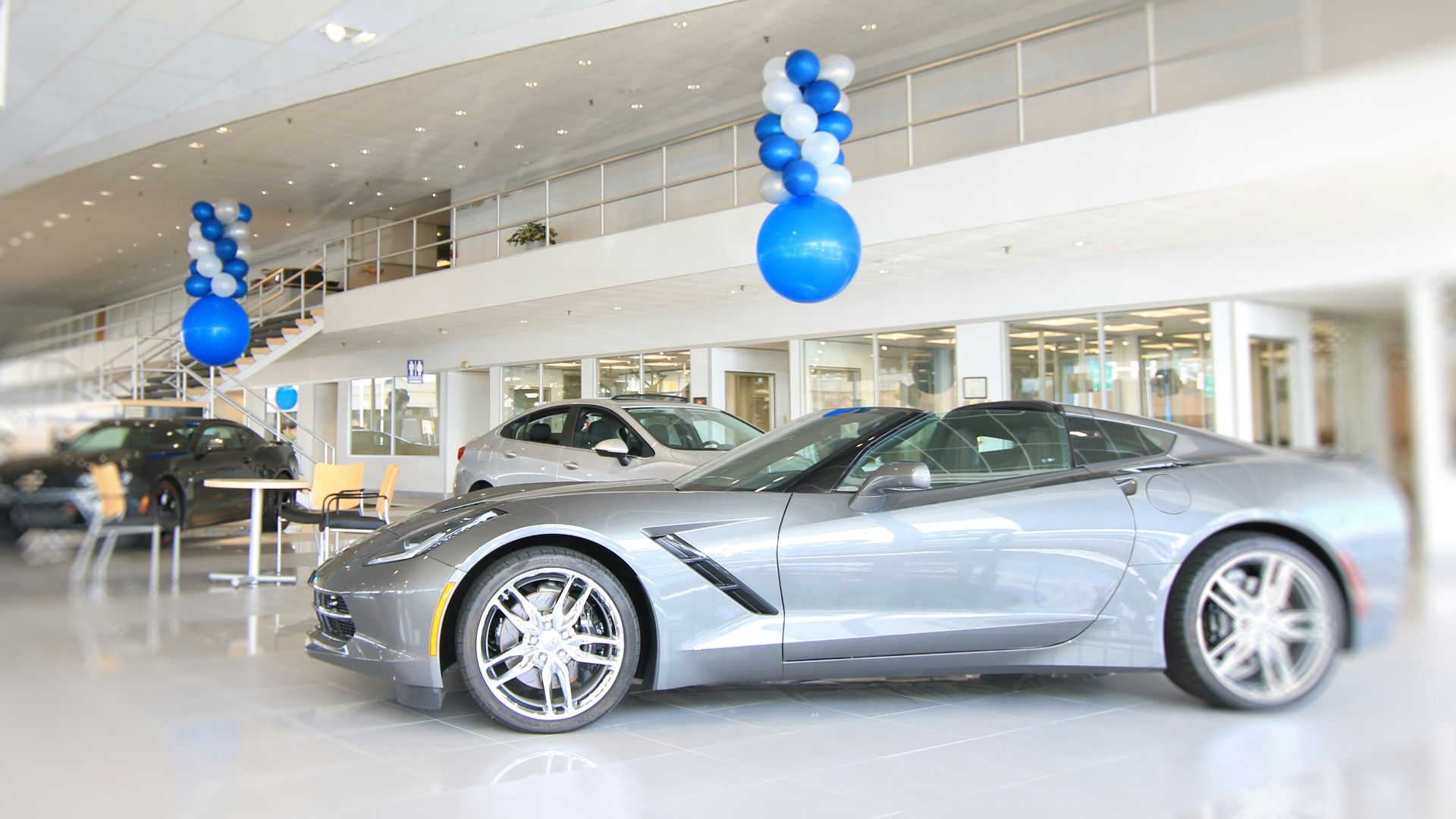Buying a car is an exciting experience! After all, just imagine cruising down the road in your brand-new ride with your favorite tunes playing and the wind blowing in your hair. But a large part of buying a car is also nerve-wracking. After all, it’s a major investment. You’re talking about spending tens of thousands of dollars on a vehicle that you should be able to use for a long time. Plus, there are a ton of choices out there. You’ve got fuel-efficient compacts, family-friendly SUVs, and luxury vehicles that are going to make your head spin.
The Red Flag
The big warning flag for most people when they begin the negotiation process is that they are focused on the sticker price or monthly payments, and they believe the numbers presented to them are all that really matter. However, salespeople frequently conceal information that can have a significant impact on the actual cost of the vehicle.
Make sure the dealer’s price corresponds to the one shown on their site. Price differences may be an indication of hidden markups or add-ons that were not disclosed. Check to see if the price is in line with other cars in your area. You may get a sense of the typical cost for that make, model, and trim using online tools like Kelley Blue Book or Edmunds.
Understanding Rebates
One other thing to watch for is rebates and special financing. These will usually only be available on a new car, and on used cars, you will very rarely find any incentives. An exception can be a Certified Pre-Owned (CPO) car, which often has special financing or other promotions. On new cars, manufacturers will often give monthly discounts, reduced interest rates, or both on late model-year cars in order to move the inventory. The incentives are offered so the dealer will not take it from his profit margin, they just want the cars sold before the new model year arrives.
Watch Out for Add-Ons
Finally, watch out for add-ons. Dealers love to try to sneak extra products and services on your order or at closing. Some of these are unneeded and some are overpriced. If you don’t want them, you don’t have to buy them, even if a salesperson tries to strong-arm you into it.
A common one is extended warranties. These are policies that pay for defects that may arise after your factory warranty expires. This also sounds like a good thing, but most new cars come with very generous factory-backed warranties that cover the powertrain components and other very expensive parts for many years/miles, or both. Unless you are overly concerned about your car and want peace of mind, you probably don’t need it. It is almost always a waste of money. Saying “no” to these add-ons is an important part of the process in keeping your costs down.
The Bottom Line
All in all, car shopping is an exciting and overwhelming process at the same time. There are so many things to consider. The first thing to consider is the price. The biggest red flag that you should be looking out for is not the most aggressive sales tactics or high-pressure salespeople. It is the information that you might not be privy to that would raise the cost of the vehicle without your awareness. Do your due diligence and compare prices to ensure that you get a great deal that works for you, and say no to any add-ons that you do not need or want.









